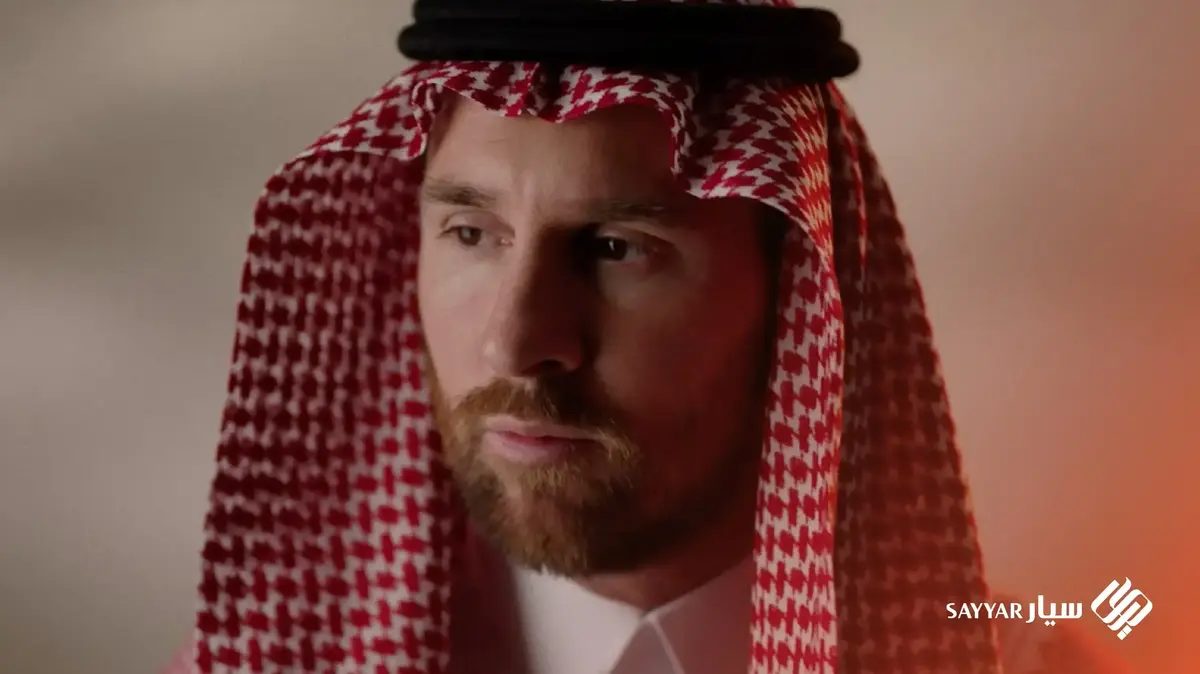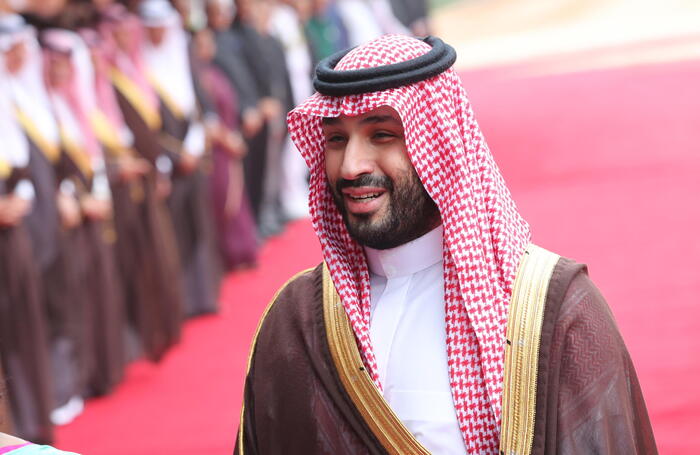Saudi activist Loujain al Hathloul in a file image.HANDOUT / Reuters
The sentence of the young Saudi Loujain al Hathloul to almost six years in prison has drawn much international criticism.
His activism for women's right to drive and the end of the male guardianship system is questioned as "a threat to national security."
Within Saudi Arabia it is impossible to estimate the effect because the very anti-terrorism law that has been applied prevents the slightest criticism of the regime at the risk of having the same fate.
The Al Hathloul case is just the tip of the iceberg.
The day her sentence was known, the Specialized Criminal Court also sentenced Maya al Zahrani to the same sentence.
At least a dozen other women's rights activists are awaiting trial;
many more, like Mohamed al Qahtani, are behind bars for peacefully promoting political change.
Unlike Al Hathloul, they do not have the support of three brothers living abroad to publicize their situation.
For this reason, the young woman has become a symbol.
Cracking down on dissent is not new in the Desert Kingdom.
It has worsened, however, since, after the arrival to the throne of King Salmán six years ago, his son and heir, Prince Mohamed Bin Salmán, took the reins.
The alleged commitment to modernization that he proclaimed initially dazzled foreign embassies and businessmen.
But the brutal murder of journalist Jamal Khashoggi at the Saudi consulate in Istanbul showed the limits of his reform.
Behind both trends is oil.
For decades, reliance on black gold helped silence Western criticism of the practices of the Saudi monarchy.
Now, the fall in its price (given the advance of renewables and other conjunctural factors) has dictated the changes introduced much more than any vision of the heir.
Some analysts point out that the prince is inspired by the "Chinese model": economic development and political control.
It's possible.
But, regardless of wide-ranging cultural differences, no project justifies squashing the wishes of the citizens themselves, especially when their support is needed to move them forward.
Two-thirds of Saudis are under 30 years old and in general they have enthusiastically welcomed the openness to the outside and the relaxation of social constraints promoted by the heir.
However, it takes more than a shot at nationalism and the promise of material improvements to legitimize his next reign.
Despite its avowed commitment to women and youth, limits on freedom of expression and criticism threaten to turn Saudi Arabia into a technological dystopia.
Before his imprisonment, Al Hathloul asked Prince Mohamed to listen to the Saudis.

/cloudfront-eu-central-1.images.arcpublishing.com/prisa/YPDQYUUK5RDO5OJWIDDYMBR3YI.jpg)








/cloudfront-eu-central-1.images.arcpublishing.com/prisa/KMEYMJKESBAZBE4MRBAM4TGHIQ.jpg)



